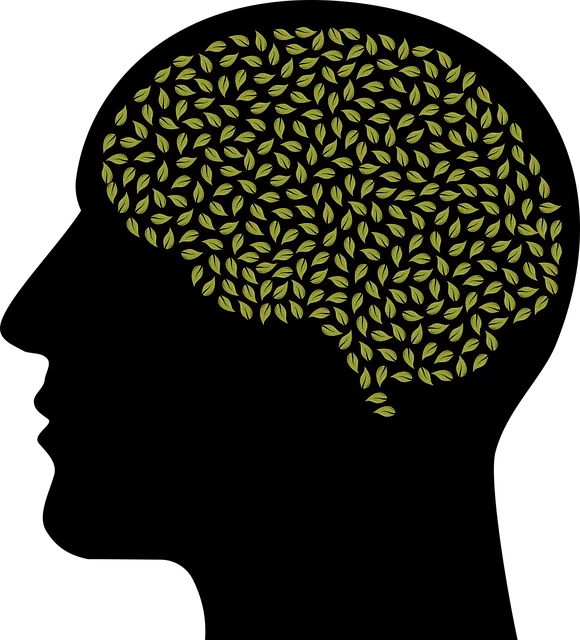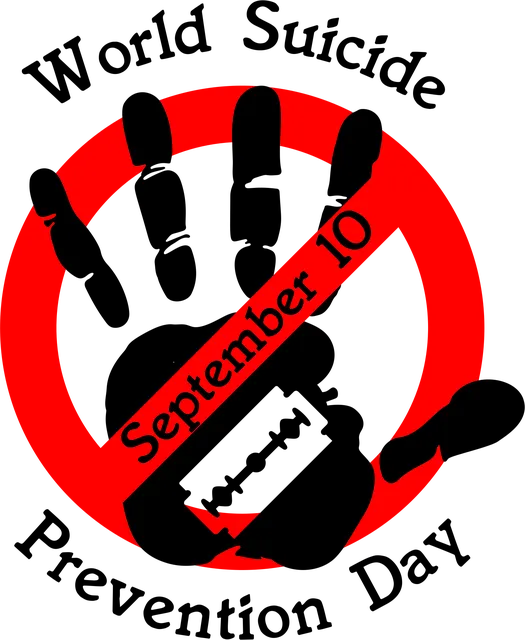Wheat Ridge Kaiser Permanente psychiatry offers Recovery-Focused Modeling (RFM), integrating Compassion Cultivation and Trauma Support Services for personalized, holistic patient care. This approach emphasizes resilience-building exercises proven effective in improving mental health outcomes, particularly for traumatized individuals. By implementing RFM strategies tailored to patient needs, they revolutionize mental healthcare, enhancing coping mechanisms, reducing recovery times, and cultivating compassion among professionals. Continuous improvement through feedback drives the integration of mindfulness practices, addressing burnout and fostering a sustainable, compassionate mental health care ecosystem.
“At Wheat Ridge Kaiser Permanente, we’ve pioneered the integration of Resilient Facilitation Method (RFM) into psychiatric care, enhancing patient resilience and mental health outcomes. This comprehensive guide explores the transformative power of RFM exercises, offering a structured approach to build resilience in patients. From understanding RFM’s foundational role in mental health to implementing successful programs, we provide a step-by-step framework for healthcare professionals. Discover how Wheat Ridge Kaiser Permanente has successfully incorporated RFM, and glimpse into future prospects for continuous improvement.”
- Understanding RFM and Its Role in Psychiatric Care at Wheat Ridge Kaiser Permanente
- The Impact of Resilience-Building Exercises on Mental Health Outcomes
- Implementing RFM Programs: A Step-by-Step Guide for Healthcare Professionals
- Case Studies: Successful RFM Integration at Wheat Ridge Kaiser Permanente
- Future Prospects and Continuous Improvement in RFM Implementation
Understanding RFM and Its Role in Psychiatric Care at Wheat Ridge Kaiser Permanente

At Wheat Ridge Kaiser Permanente, understanding RFM (Recovery-Focused Modeling) is pivotal in delivering effective psychiatric care. This approach shifts the focus from symptoms and disorders to an individual’s unique recovery journey, fostering resilience and hope. By integrating RFM into practice, mental health professionals at Wheat Ridge Kaiser Permanente can better support patients navigating complex psychological landscapes, including those who have experienced trauma.
The implementation of this model allows for personalized care plans that tap into evidence-based practices such as Compassion Cultivation and Trauma Support Services. These initiatives not only enhance therapeutic outcomes but also create a nurturing environment where patients feel heard, understood, and empowered to take charge of their mental health. Through RFM, Wheat Ridge Kaiser Permanente psychiatry aims to revolutionize care, ensuring every patient has access to holistic support tailored to their specific needs and aspirations for recovery.
The Impact of Resilience-Building Exercises on Mental Health Outcomes

Resilience-building exercises have been shown to significantly improve mental health outcomes, particularly in individuals facing chronic stress or trauma. These exercises, often incorporated into healthcare settings like Wheat Ridge Kaiser Permanente psychiatry departments, focus on cultivating positive thinking and coping mechanisms. By fostering a sense of control and resilience, these practices can help patients navigate challenging situations with greater ease.
In the context of healthcare provider cultural competency training, resilience-building initiatives play a crucial role in burnout prevention. Mental health professionals equipped with these tools can better support their patients, leading to improved treatment outcomes. Incorporating resilience exercises into routine care not only enhances individual well-being but also contributes to a more robust and compassionate healthcare system overall.
Implementing RFM Programs: A Step-by-Step Guide for Healthcare Professionals

Implementing RFM (Resilience, Flexibility, and Mastery) programs can be a transformative approach for healthcare professionals looking to support their patients’ mental well-being, particularly within organizations like Wheat Ridge Kaiser Permanente psychiatry departments. This step-by-step guide aims to streamline the process for medical staff.
Firstly, assess the current needs of your patient population. Identify common challenges and goals; this could include managing anxiety relief, enhancing social skills training, or improving coping mechanisms for crisis intervention guidance. Tailor RFM strategies accordingly. Next, design a comprehensive program with structured activities focusing on building resilience through various techniques like mindfulness exercises, cognitive-behavioral therapy tools, and stress management strategies. Flexibility is key; offer diverse options catering to different learning styles and preferences. Mastery components should encourage patients to set achievable goals, fostering a sense of accomplishment and empowerment. Regularly evaluate the program’s effectiveness, gathering feedback from both patients and healthcare providers, ensuring continuous improvement aligned with the evolving needs of your patient community.
Case Studies: Successful RFM Integration at Wheat Ridge Kaiser Permanente

At Wheat Ridge Kaiser Permanente, a leading psychiatric healthcare provider, the implementation of RFM (Risk, Resilience, and Mindfulness) exercises has been nothing short of transformative. Through a comprehensive Risk Management Planning for Mental Health Professionals approach, they’ve successfully integrated Trauma Support Services and Compassion Cultivation Practices into their daily operations. This innovative strategy has not only enhanced patient care but also fostered a resilient and compassionate work environment among mental health professionals.
The case study highlights how these exercises have been tailored to meet the unique needs of both patients and staff. By focusing on building resilience, the facility has witnessed improved coping mechanisms among individuals dealing with trauma, leading to shorter recovery times and better overall outcomes. This success story serves as a vivid example of how modern mental healthcare practices can be revolutionized through evidence-based interventions that prioritize mindfulness and emotional well-being.
Future Prospects and Continuous Improvement in RFM Implementation

As the field of mental health care evolves, the future prospects of RFM (Resilience, Flexibility, and Mindfulness) implementation look promising, especially in institutions like Wheat Ridge Kaiser Permanente psychiatry. Continuous improvement is key to unlocking the full potential of these exercises. By integrating self-awareness exercises that foster emotional intelligence, healthcare professionals can enhance patient outcomes and reduce burnout rates among staff. This approach aligns with the broader goals of holistic care, ensuring patients not only receive medical treatment but also develop the tools for long-term mental well-being.
Regular evaluation and refinement of RFM programs are essential to meet the diverse needs of individuals seeking psychiatric support. Incorporating feedback from both patients and healthcare providers can help tailor these exercises, making them more accessible and effective. In a dynamic healthcare environment, where burnout prevention is a growing concern, such adaptive strategies ensure that resilience-building practices remain relevant and impactful, ultimately contributing to a healthier and more sustainable mental health care ecosystem.
The implementation of Resilient Factors Model (RFM) and resilience-building exercises at Wheat Ridge Kaiser Permanente has shown promising results in enhancing mental health outcomes. This comprehensive approach, backed by practical guides and case studies, offers a transformative path for healthcare professionals to navigate complex psychiatric care. By integrating RFM into their practices, healthcare providers can empower patients with resilient coping strategies, ultimately fostering better mental well-being within the specialized context of Wheat Ridge Kaiser Permanente psychiatry services. Continuous improvement through future research and adaptations will further solidify RFM’s role in revolutionizing mental health support.






